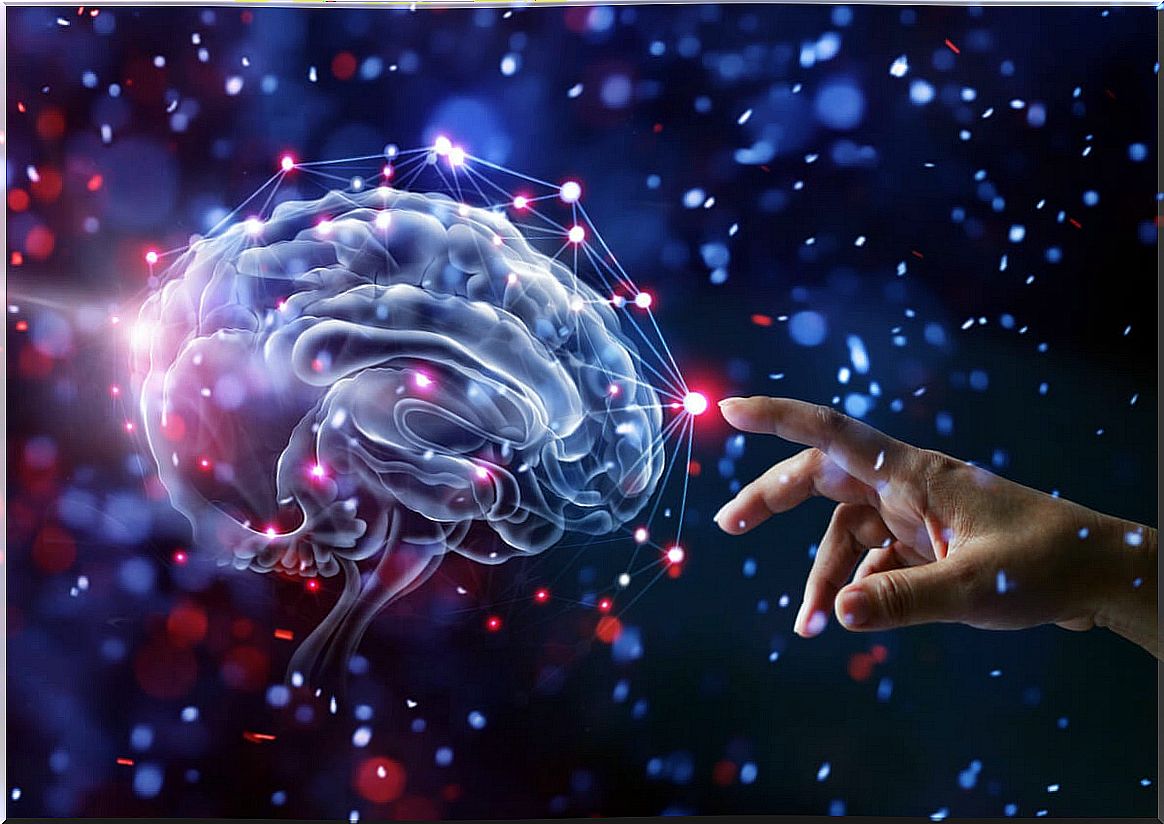I Have To Try Harder: The Neuroscience Of Self-improvement

“I have to try harder, I need to think of a plan to overcome this situation.” Every time we find ourselves at these personal crossroads, we unknowingly activate neural mechanisms aimed at facilitating a reaction, a way out, a solution. A very recent study reveals that the brain triggers a series of changes to help us generate that specific effort.
This act, that of directing emotional, cognitive and behavioral energies towards a specific objective is an area that has been studying the field of psychology and neuroscience for decades. We are interested in several aspects.
The first because it allows us to better understand human motivation and all those associated neurochemical processes.
The second refers to clinical health aspects: knowing how the brain activates us so that we can overcome ourselves or solve a challenge would give us the opportunity to better address depressive disorders. We are, therefore, before a progress of great interest in which it is worth delving deeper.

I have to try harder: when the brain forces us to act
All effort, be it physical or mental, is costly and, on average, we tend to avoid it. It is not that we are weak, lazy or irremediable procrastinators, it is that in general it is always better to maintain homeostasis, save energy and avoid risks. Now, studies, such as those carried out at the University of Psychology in Toronto (Canada), show us something interesting in this regard.
It is true that people, on average, tend to avoid effort. That is to say, if we were given to choose a four-hour job in the same charge as an eight-hour job, obviously, we would rarely choose the full-time job. However, there are times when we choose to strive not for an instrumental end, not for the idea of getting something in return. Effort is sometimes understood as an impulse that guarantees well-being.
It is knowing that on certain occasions it is good to give the best of myself. It is understanding that there are times when it is good to assume a more active attitude. Because the act of surpassing ourselves a little every day reverses in our state of mind, in the image we have of ourselves and, of course, in the capacity for achievement.
Now, we even know how this change, this volitional and intentional process is orchestrated at the brain level.
Striving as a key to survival, something decisive for the brain
The study was published very recently in the journal Nature Human Behavior. Scientists from Emory University have discovered the brain area that drives us to motivate ourselves and join forces to achieve or overcome something. This region is the striated nucleus, located between the telencephalon and which is part of the basal ganglia.
Study author Michael Treadway explains the following:
- When we say to ourselves that “I have to try harder”, the brain has previously made an assessment of the situation that surrounds us.
- The mind anticipates, plans, and values the possible benefits of acting and the risks of not acting.
- The striated nucleus makes effort-oriented decisions, that is, it prompts us to get out of our immobility in order to improve our situation.
- This activation is intended to guarantee our survival. Every problem or any situation of discouragement is perceived in the brain as a “threat” that must be solved.
- This neurobiological drive is what catches the attention of scientists. Now, they are thinking about how to activate the striatum to improve the situation of patients with depression.
Beyond the capacity, there is the daily effort
“I have to try harder!” We often tell ourselves when things don’t go the way we expect. We do it, we repeat those words to ourselves, because we are aware that we could give much more of ourselves ; however, sometimes failures pile up and you lose heart.
In these situations, beyond our capacity, our skills and knowledge, is the effort we make every day to reach a specific dimension. Mistakes or missteps don’t matter. Because each extra amount of energy invested in our daily efforts will cause us to discover new potentials.
Giving up, giving up in this attempt to overcome is to be subject to chronic discouragement. Let’s avoid it.

I have to try harder, but… where do I start?
We already know that there is an area of the brain responsible for driving us to effort, to ignite a greater physical and mental energy at a given moment to improve our ability to achieve. However … is this automatic or should we perhaps do something in particular?
Experts tell us that this is a growing problem. Every effort has a cost and it is difficult for us to assume it. When we say to ourselves that “I have to make an effort or this will not turn out the way I want” we know that it is time to make certain sacrifices and to place ourselves in new situations in which to give the most of ourselves. Something like this can scare us, or even cause us to doubt ourselves.
What can we do in those situations? Where do we start when we want to improve ourselves? The answer is simpler than we think: it is enough to clarify what we want to achieve. It is enough to have reasons to ignite the motivation. It is enough to get going so that the motor of the mind, the illusions and the emotions turn on as well. Let’s keep it in mind.









